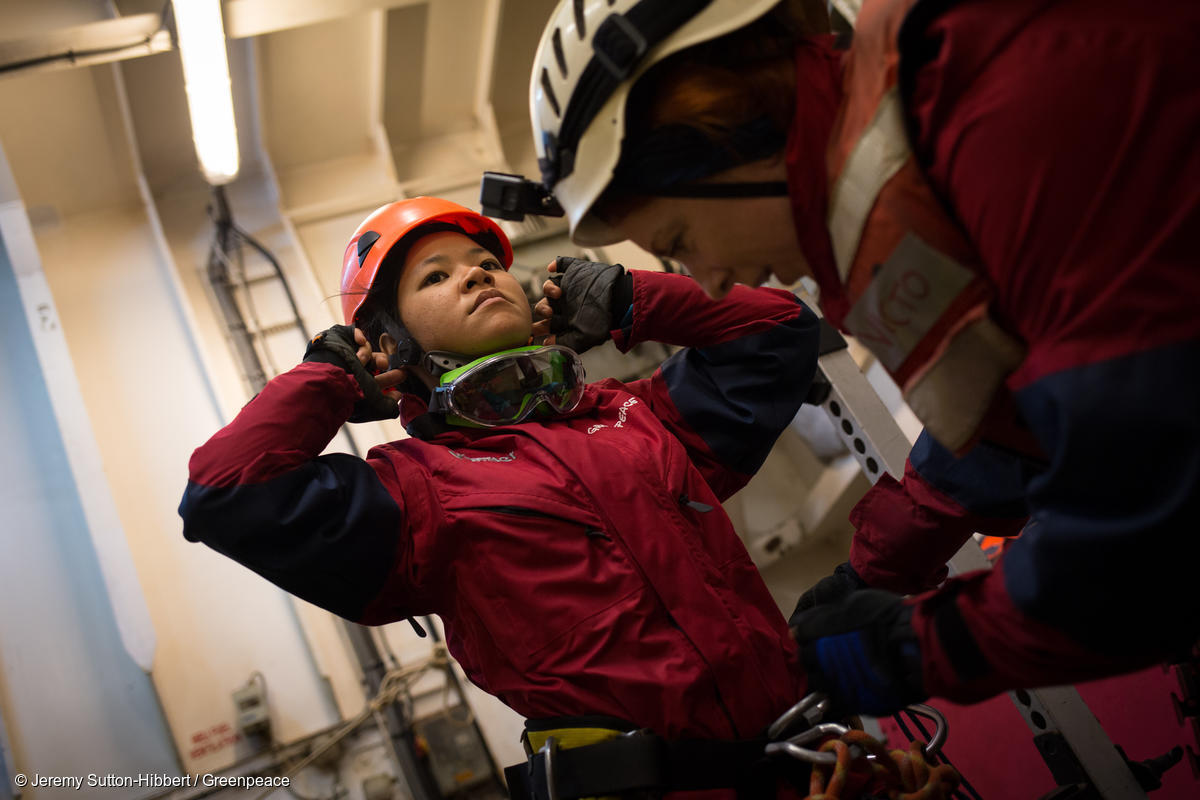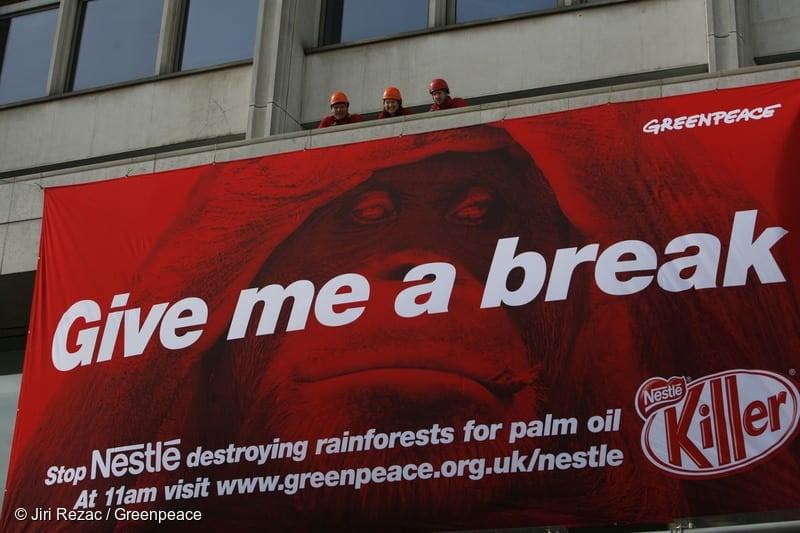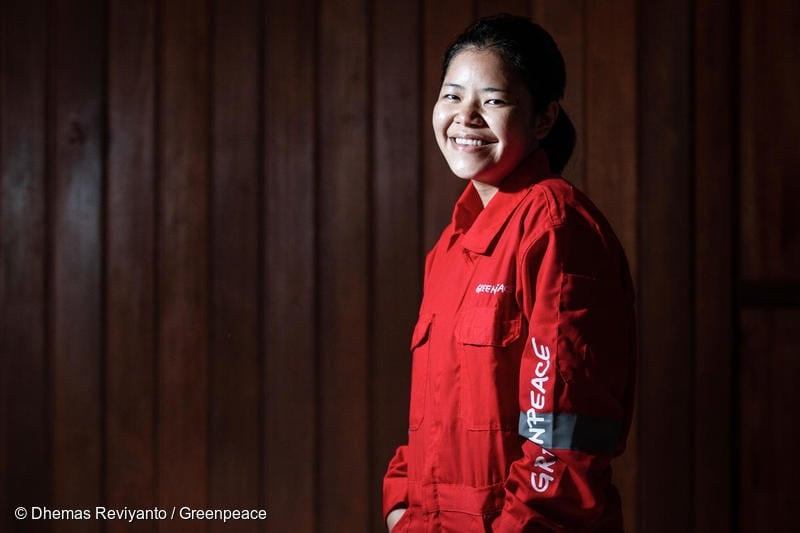Every year, 1.9 billion tons of climate changing greenhouse gas (GHG) emissions are released by the degradation and burning of Indonesia’s peatlands – 4% of global GHG emissions from less than 0.1% of the land on earth.
This report shows how, through growing demand for palm oil, the world’s largest food, cosmetic and biofuel industries are driving the wholesale destruction of peatlands and rainforests. These companies include Unilever, Nestlé and Procter & Gamble, who between them account for a significant volume of global palm oil use, mainly from Indonesia and Malaysia.
Executive summary: Indonesia offers a critical example of why GHG emissions arising from deforestation and land-use change need to be dealt with at the international level, by governments and corporations.
Indonesia holds the global record for GHG emissions through deforestation, putting it third behind the USA and China in terms of total man-made GHG emissions. During the last 50 years, over 182 million hectares of Indonesia’s forests have been destroyed – logged, burned, degraded, pulped – and its products shipped round the planet.
Num. pages: 10



